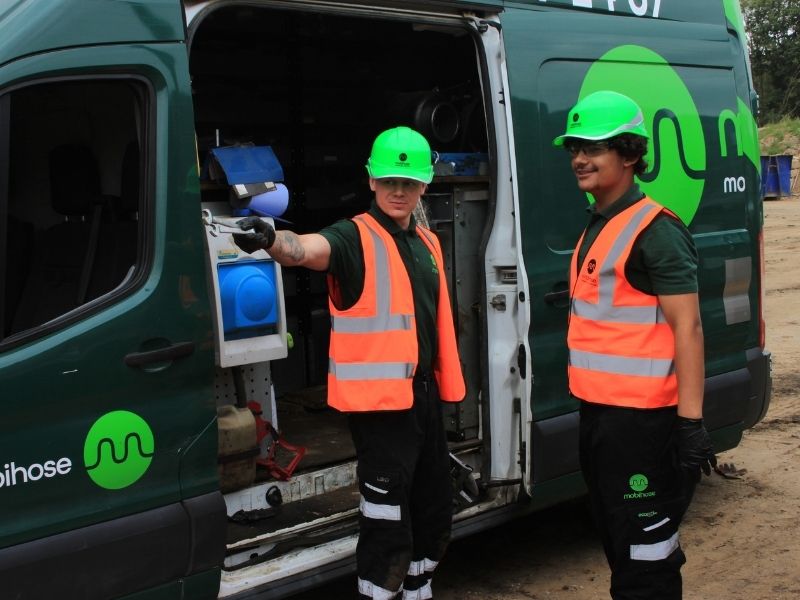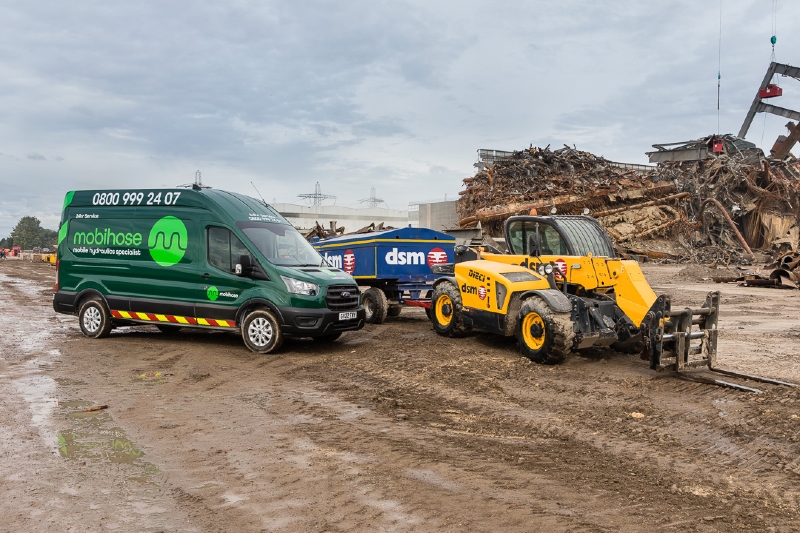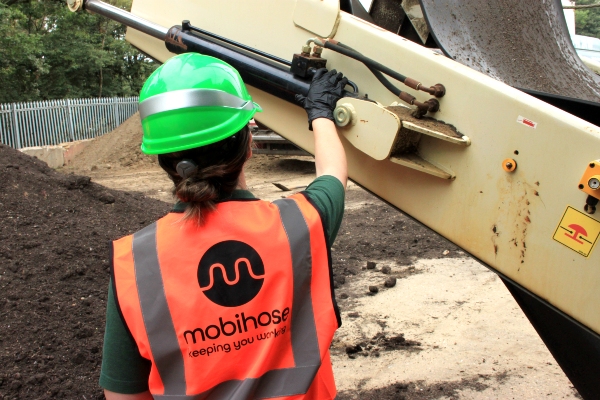The Importance of Maintenance: Keeping Your Hoses Happy
By Seb von Teichmeister, owner of Mobihose.
Today, I’m talking about something that might seem small but plays a huge role in your hydraulic systems: hose maintenance. Whether you’re running heavy machinery on a construction site or operating a farm, keeping your hoses in top shape is crucial. Let’s dive into why hose maintenance is so important and how you can keep things running smoothly.
Why Hose Maintenance Matters
Clearly hoses are an absolutely essential part of your plant and machinery and here’s why it’s so vital to ensure they are properly maintained:
- Prevent Downtime: A busted hose can bring your entire operation to a halt. Regular maintenance helps catch issues before they become big problems.
- Ensure Safety: Hydraulic systems operate under high pressure. A hose failure can lead to dangerous leaks or even bursts, posing a risk to your team.
- Save Money: Maintaining a hose is a lot cheaper than dealing with the damage caused by a failed one.
- Improve Efficiency: Well-maintained hoses ensure your hydraulic system operates efficiently, reducing wear and tear on other components.
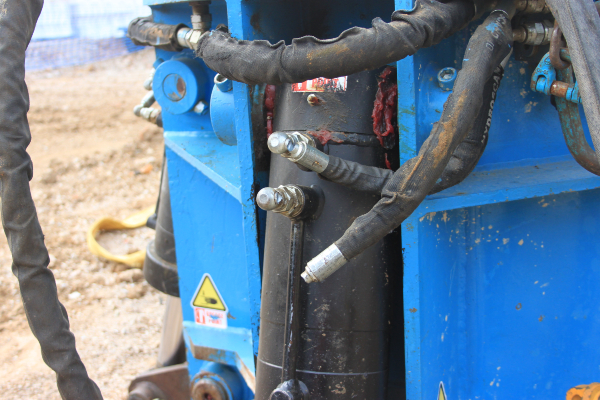
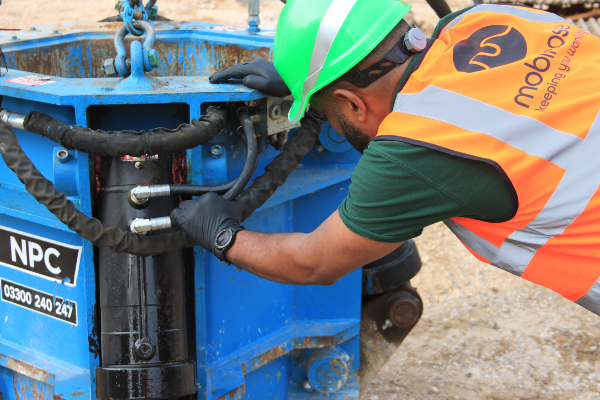
Tips for Maintaining Your Hydraulic Hoses
Now that we know why hose maintenance is crucial, let’s look at some easy tips to keep your hoses in great shape:
- Regular Inspections:
> Check hoses regularly for signs of wear, cracks, or leaks. Look for any signs of abrasion or damage along the hose length.> Inspect the fittings and connections for corrosion or looseness. Tighten any loose fittings and replace any that show signs of wear.
- Proper Storage:
> Store spare hoses in a cool, dry place away from direct sunlight and harsh chemicals. UV rays and extreme temperatures can weaken the hose material.> Avoid kinking or bending hoses sharply, as this can cause damage over time. Use hose reels or racks to store them properly.
- Correct Installation:
> Ensure hoses are installed without twists or excessive bends. Improper installation can lead to premature failure.> Use the right hose for the right job. Make sure the hose you’re using is rated for the specific pressure and temperature requirements of your system.
- Cleanliness:
> Keep hoses and connections clean. Dirt and debris can cause abrasion and damage over time.> Regularly flush and replace hydraulic fluid to prevent contamination. Clean fluid means a longer life for your hoses.
When to Call the Pros
Even with the best maintenance, hoses will eventually need replacement. If you’re ever unsure about the condition of your hoses or need a professional inspection, don’t hesitate to call us. We’re here to help with everything from routine maintenance to emergency repairs.
Final Thoughts
Keeping your hydraulic hoses in good condition is key to a safe, efficient, and cost-effective operation. Regular inspections, proper storage, correct installation, and cleanliness go a long way in extending the life of your hoses and preventing unexpected downtime.
